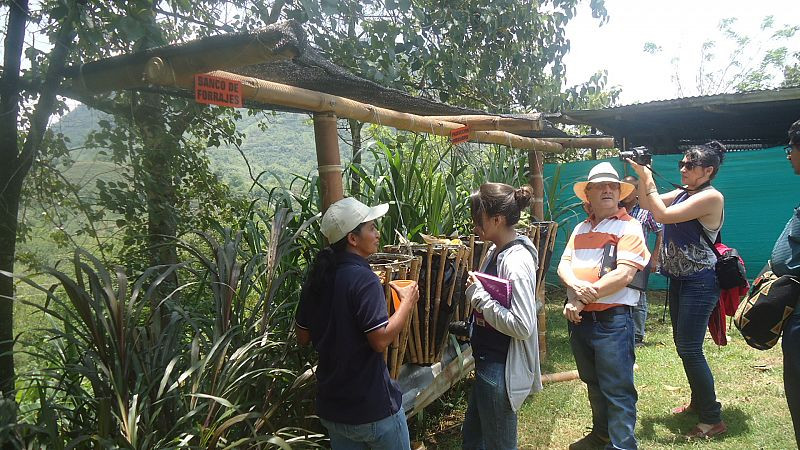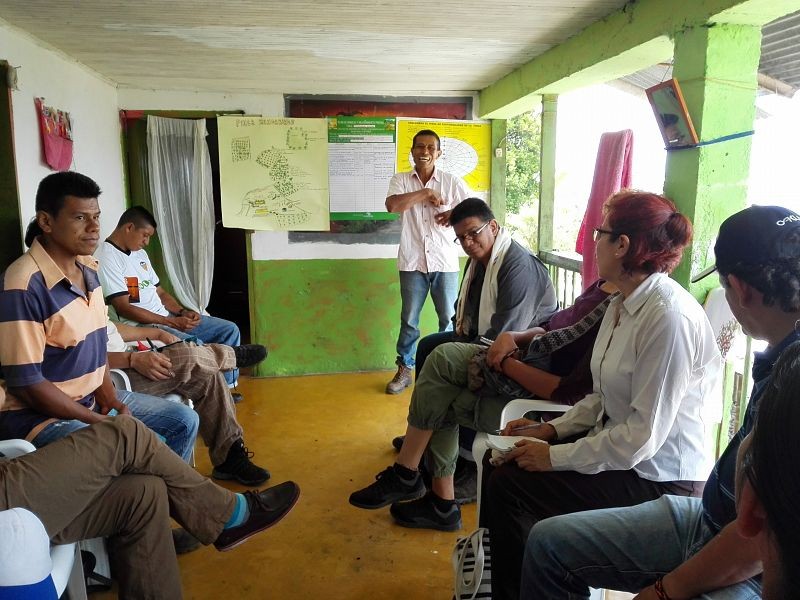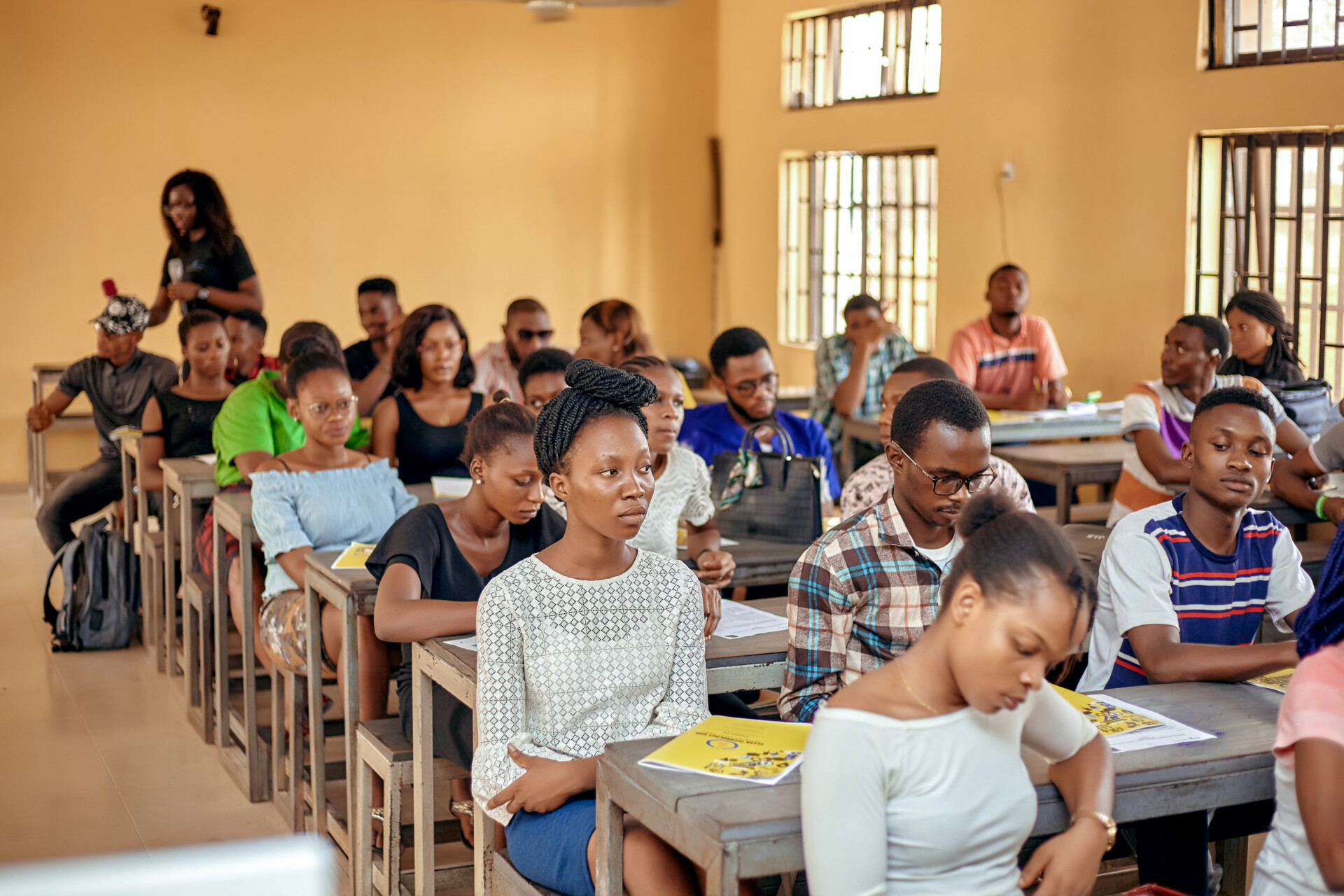Biraj Gautam and Rabin Shrestha share their lessons from the latest visits to the micro hydro power sites in Jumla and Baglung.
Outcomes: Research Workshop on the Diffusion of Sustainable Family Farming in Colombia
The workshop was conceived as a case-based mutual learning session. This is a transdisciplinary format allowing for the integration of knowledge and experiences gained in different contexts through a mutual learning process on a single case study. In Riosucio, the participants had the opportunity to learn at first-hand about ASPROINCA, an association of indigenous and peasant farmers of Riosucio which has been fostering sustainable family farming practices in Colombia for more than 20 years.

The different units of the workshop aimed to induce mutual learning by transfer and by knowledge extrapolation. Mutual learning by ‘transfer’ implies both the search for lessons from the ASPROINCA experience (which might be useful for other farmers’ associations or other kinds of organisations) and the formulation of recommendations for ASPROINCA based on the knowledge and experiences gained from other cases. The process of ‘extrapolation’ aims to extract recommendations for RedBioCol, which is a network of individuals and organisations committed to contributing to the sustainability of the Colombian family farming sector by promoting the use of organic residues for energy generation.
Some of the key recommendations extracted during the whole workshop are:
At the organisational level of ASPROINCA
- To examine and improve capacity building strategies for the associates and the ‘promoters’ staff
- To examine and improve strategies to increase the political impact, particularly at municipal level
- To improve and/or resume strategies for establishing appropriate commercialization channels
At the organisational level of other associations or NGOs
- A revolving fund contributes to the financial autonomy of an association
- A staff of own ‘promoters’ provides autonomy in knowledge building and transfer within the association
- The promotion and advice of family farmers requires a toolbox of methodologies that can respond to the heterogeneity of farms and families
At the level of the RedBioCOL
- To maintain and emphasize the integral approach of the network and the solidarity principle guiding its operation
- To be aware of and link to other regional and national platforms with similar and/or complementary visions
- To emphasise the role of the network in building an energy system concept alternative to the current one
- To promote the systematisation of and thorough reflexion on the numerous sustainable family farming experiences available in Colombia
The report which describes the whole process and includes a collection of the workshop results, is available online here (mainly in Spanish): Report – Workshop on the Diffusion of Sustainably Family Farming in Colombia


